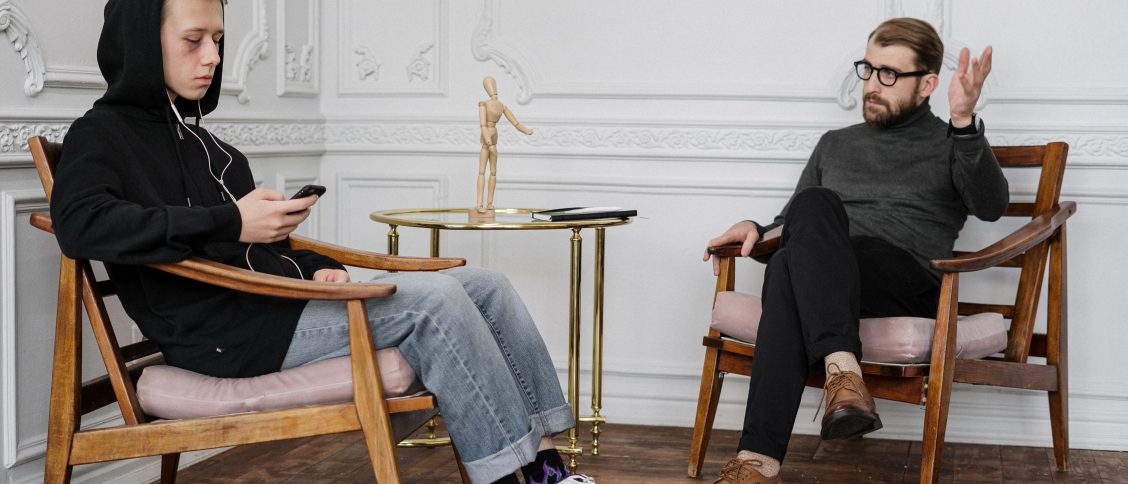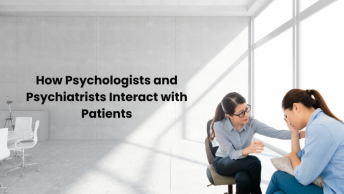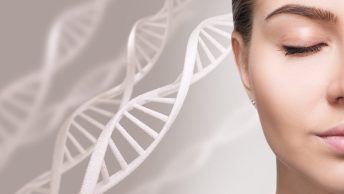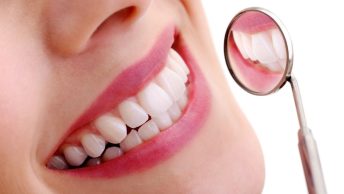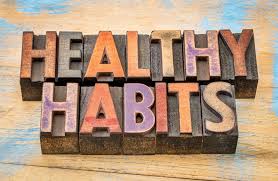At Transformation Healthcare, we like to give voice to people affected by disabilities so that they can tell us about themselves, inspire other families. Today, we invite you to discover Angelique. She is 30 years old and was late diagnosed with ADHD with autistic traits. We leave you with his words.
How did you find out you had ADHD?
Following the diagnosis of my child around the age of 4 (autism, intellectual disability with possible attention deficit), I began to ask myself questions about my cognitive and emotional functioning. But my questioning was more about autism than ADHD. However, it seems that ADHD in me is taking precedence over autism. Therefore, I speak of “autistic traits” and not of autism. While researching, I discovered that ADHD and developmental disabilities are still underdiagnosed in adults or given misdiagnoses. It was acquaintances and friends who pushed me to consult a specialist to find out what it was all about.
How did you react? Then act?
When the diagnosis was made, I was very surprised, but also relieved because my difficulties were therefore not unreal or exaggerated. It was a tsunami because I never thought about ADHD since I was not hyperactive at the motor level. As a child, my hyperactivity was mainly verbal, then cognitive (it’s constantly spinning in my brain, especially in the evening before I fall asleep). I still have trouble getting past the diagnosis, but I finally understand what my difficulties are and that my brain works differently from others. I also feel guilty for not having been diagnosed before.
What is your educational background?
My school career has been chaotic. I was cataloged as a child in the moon, too discreet and hyper shy, hypersensitive, unable to concentrate when the subjects did not interest me…. At no time has the teacher or other school personnel considered the question of a developmental disability…. The efforts were never enough, or even noticed. In high school, it was teachers who, seeing that my concentration was better in the first row, made me understand that it would help me concentrate better and it was the case, I retained better and was less distracted.
The family and professional impact are really complicated. Indeed, I am a family caregiver for my daughter, and I still have trouble projecting myself into the professional world. I have the feeling of not being in my place and without a professional project. I’m struggling to draw strong points about my ADHD now.
Today, what would you say to an adult discovering his disability late like you?
We should not wait for adults or children to have a diagnosis of ADHD to put in place adaptations whether at school or in the workplace. From the moment when you notice strong distractibility (fidgeting even while sitting), verbal hyperactivity, impulsiveness, you can offer very simple arrangements (dynamic seats, cords to attach to chair legs). We can also offer a large ball that replaces the chair, put the child in the 1st row and facing the adult, offer noise-canceling headphones so that the person can better concentrate at work, avoid giving all the instructions to the following. The student can be offered to distribute the documents as well.
We can also offer a large ball that replaces the chair, put the child in the 1st row and facing the adult, offer noise-canceling headphones so that the person can better concentrate at work, avoid giving all the instructions to the following. The student can be offered to distribute the documents as well.
What do you think could significantly improve the lives and inclusion of people with disabilities?
Greater awareness of ADHD in adults, as not all are integrated at the professional level. Some may be under pressure from colleagues or the hierarchy…. It is through public awareness that society will be more understanding of ADHD.
Transformation Healthcare products that you use every day?
The products used via the Transformation Health Care site are the Fidgets that my child also uses and the noise-canceling headphones, which I rarely use, but mostly the Fidgets.
Adult noise-canceling headphones: Ideal for managing intrusive auditory stimuli and loud, unexpected noises, these new noise-canceling headphones have an attractive, modern, and compact design. It allows a sound reduction of 27 dB of ambient noise. Thanks to its double headband, it is resistant, light, and comfortable. Its wide and soft pads reduce pressure on the ears and improve comfort. The large interior depth of the shells helps to reduce humidity and heat.
Fidget spinner pop: 2 fidgets in 1! The fidget spinner pop combines in 1 single product, the movement of the formidable fidget spinner, with the “pop” of the Pop it fidgets. Hold it in the middle, give it a little nudge and watch it spin. Press the silicone bubbles to hear the famous “pop”. Ideal for improving concentration, relieving stress and anxiety.
Adult noise-canceling headphones: Ideal for managing intrusive auditory stimuli and loud, unexpected noises, these new noise-canceling headphones have an attractive, modern, and compact design. It allows a sound reduction of 27 dB of ambient noise. Thanks to its double headband, it is resistant, light, and comfortable. Its wide and soft pads reduce pressure on the ears and improve comfort. The large interior depth of the shells helps to reduce humidity and heat.
The final word…
I would tell adults who think they have ADHD therapist near me to trust themselves and not hesitate to go to the specialists. We know more and more about this neurodevelopmental disorder. There is nothing to be afraid of. We will always live with it, but we can learn to tame it and live with it.
Human diversity is a source of wealth, the better we know each other and the less we devalue ourselves. Being atypical doesn’t have to mean being less interesting or weird. ADHD can be more creative; others are more spontaneous. They are also more empathetic, sometimes have a sixth sense (knowing things without understanding how they saw the truth).
Human diversity is a source of wealth, the better we know each other and the less we devalue ourselves. Being atypical doesn’t have to mean being less interesting or weird. ADHD can be more creative; others are more spontaneous. They are also more empathetic, sometimes have a sixth sense (knowing things without understanding how they saw the truth).

